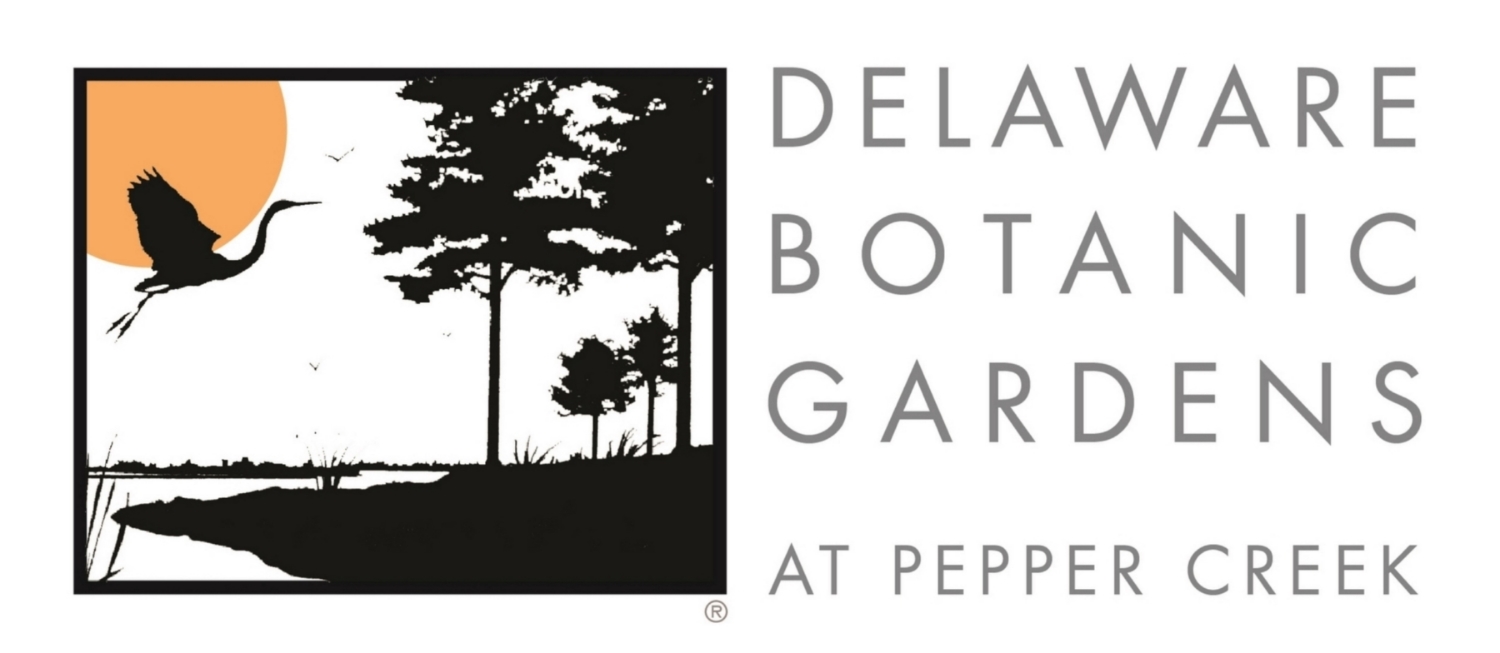What the professionals are saying
/Carla Markell, First Lady of Delaware
“Our state is blessed with an amazing array of citizens and organizations dedicated to service and giving back to their communities…. I have been delighted to be associated with an extremely wonderful group of Delawareans who are devoted to building a botanic garden in Delaware…. As the chair of the Delaware Botanic Gardens Advisory Council, I am honored to be leading this extraordinary group of people from the fields of architecture, horticulture, public garden management and business and finance…. We all have been drawn to this project because we are convinced that the Delaware Botanic Gardens will be a positive addition to Delaware's economy and to the quality of life of the citizens across the region.”
Rodney Robinson, FASLA
“A new public garden in the southern part of our State would be a significant asset to the community and an opportunity to continue our high standards in horticultural excellence…. I have donated the services of my firm in preparing the Master Plan. I am continually impressed by the enthusiasm and commitment from everyone involved.”
Professor Douglas W. Tallamy, University of Delaware
“I have learned over the years that the general public considers the plants in our landscapes only in terms of their decorative value, with no idea about their role in delivering essential ecosystem services. … Although they find the natural world interesting, people do not really believe it is necessary for their well-being. These are all issues that will be addressed year in and year out by the establishment of a coastal plain botanic garden in Delaware.
Such a garden will be the first of its kind in our region, will provide a unique venue for the public in southern Delaware to seek a botanical experience, and, not the least, will preserve 37.5 acres of an ecosystem increasingly threatened by coastal development. Public gardens around the country are starting to take advantage of their inherent opportunity to improve the public’s ecological awareness, but few of these gardens were designed with that goal in mind. To me this is the most exciting aspect of the new Delaware Botanic Gardens; it will be specifically designed to display the beauty and utility of native plants.”
Nelson J. Shaffer, Executive Vice President, Pennoni Associates Inc.
“Our commitment to support this project [with pro bono work] was validated many times over…. The support the project has received from the local community is impressive to say the least. The various review agencies have worked diligently with the project team to resolve issues and offer constructive input.”
Holly H. Shimizu, Director Emeritus, United States Botanical Garden
“When I walked the site I became really excited about the possibilities for the botanic garden. There are extraordinary native plants on the site in a variety of habitats. Being right on the water, it offers excellent opportunities for learning about the coastal plain environments, the native Delaware ecosystems, and provides a place to appreciate the Delaware Inland Bays.
With a focus on native plants, I envision this as a place for many of the school children to come and learn about the natural history of the region, to be exposed to the magic of gardens, the richness of plant-animal interactions, and the importance of the natural world.
Moreover, the Delaware Botanic Gardens will provide an excellent tourist destination for the many visitors to this region. It will help to educate a broad range of people on the many ways that plants are important in our lives. I see this as a huge opportunity to focus on plants and develop a much-needed resource for the region.
I hope to see this garden blossom into a botanical and horticultural center for southern Delaware.”
Donald A. Rakow, Associate Professor, Section of Horticulture, Cornell School of Integrative Plant Science
“Having served as the longtime executive director of Cornell Plantations, and as the co-author of the seminal text in our field, ‘Public Garden Management,’ I consider the DBG project to be vital to the cultural and economic development of southern Delaware.
The DBG master plan has been thoughtfully and professionally developed to provide a visitor experience of exceptional educational and aesthetic value. Guests will have opportunities to learn about the roles of plants in local ecological associations, in historic agricultural uses, and in horticultural displays. The inclusion of Pepper Creek and associated bogs and wetlands will also enable the gardens to teach about the value of native habitats and the need to preserve them.
DBG will also serve as a fiscal engine in a region of the state that currently lags in economic development. In addition to the staff the gardens will employ directly, many more individuals will be engaged in support of ancillary services, such as restaurants, lodging, and transportation. The gardens could even spur the development of other cultural organizations, such as a historical museum or a science center.
I have studied many start-up public gardens, and the ones that succeed over time are those that are able to demonstrate the real need for the garden; a clearly articulated mission and vision; the support of the local population and broader industry; and a realistic and clearly articulated plan for development. I feel that the DBG meets all of these criteria and that it will have a transformative impact on the Delmarva Peninsula and the entire state of Delaware.”

